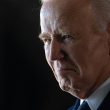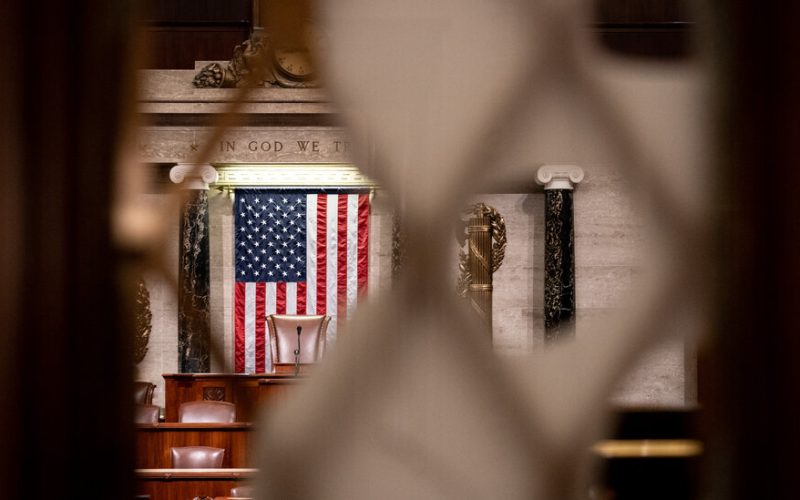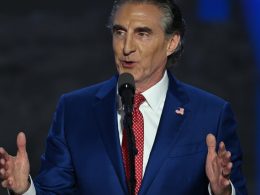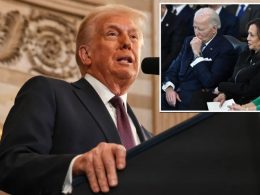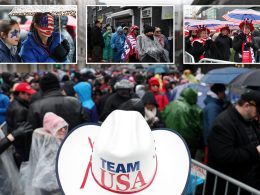The effort to prosecute the violent mob that ransacked the Capitol on Jan. 6, 2021, and the leaders of far-right groups who egged them on, represented the biggest and most logistically complex investigation in the history of the Justice Department.
President Donald J. Trump erased it in an instant on Inauguration Day.
Mr. Trump has denounced the Jan. 6 prosecutions as part of a Democratic witch hunt. In reality, they were initiated and overseen by his handpicked U.S. attorney in Washington and the F.B.I. director. They had the support of many Republicans, including Senator John Cornyn of Texas, who said, “Those who planned and participated in the violence that day should be prosecuted to the fullest extent of the law.”
Mr. Trump’s decision to offer full pardons to nearly all of the almost 1,600 rioters and rally organizers implicated in the breach of the Capitol was expected. Still, it sent a shock wave among current and former prosecutors who believe his release of prisoners, whom he calls “hostages,” undermines the rule of law.
“It’s a gross misuse of the pardon power, and says that Trump is willing to meddle in a process that helped strengthen the rule of law,” said Joyce Vance, a former U.S. attorney in Alabama during the Obama administration.
Matthew M. Graves, who stepped down as U.S. attorney for the District of Columbia this month after overseeing many of those prosecutions, said he believed the Trump pardons would “prevent the department from prosecuting the hundreds charged with, or wanted for, assaulting law enforcement officers and reduce the sentences of those convicted of such assaults.”
Mr. Graves, who took over the high-profile post in November 2021, said his office had also brought charges of political violence against left-wing activists such as climate protesters and people who engaged in disruptive demonstrations against the war in Gaza.
“The question becomes, will their acts of political violence and destruction also be pardoned and if not, why not?” he asked in an interview on Monday night.
Still, he added, “there is no undoing these prosecutions, and hundreds have already completed their sentences or completed all or most of their periods of probation.”
The shocking attack on the Capitol was the most significant hostile breach of the national legislature since the War of 1812. It threatened to overwhelm the local U.S. attorney’s office, which at the time was ill-equipped to process evidence and witnesses for hundreds of cases involving possible perpetrators from around the country.
To meet the need, the office, then led by Trump appointee Michael R. Sherwin, began to organize an investigation that would soon pull in dozens of prosecutors on loan from around the country. To bring the cases, prosecutors had to devise a new system to collect, store and analyze a monumental volume of cellphone video that became a model for similar platforms now being used to bring war crimes cases.
The announcement of the pardons came amid questions about the fate of the department at a time when Mr. Trump has vowed to punish anyone, including prosecutors or political opponents, involved in the efforts to hold him accountable for his actions in the aftermath of his loss in the 2020 election.
“The scales of justice will be rebalanced,” Mr. Trump said near the start of his Inaugural Address. “The vicious, violent and unfair weaponization of the Justice Department and our government will end.”



